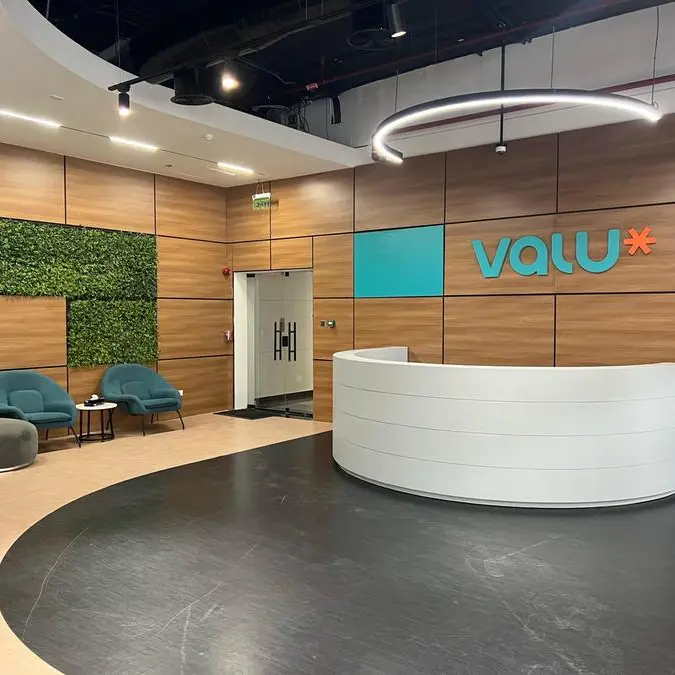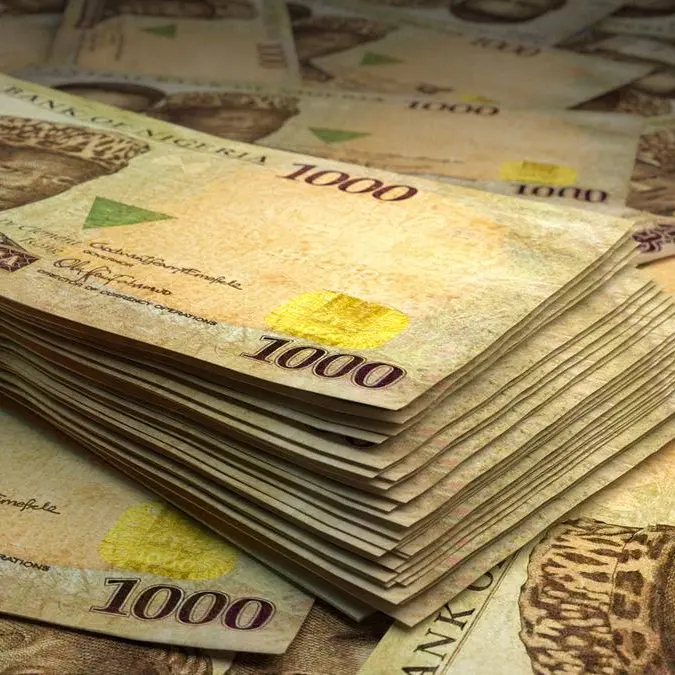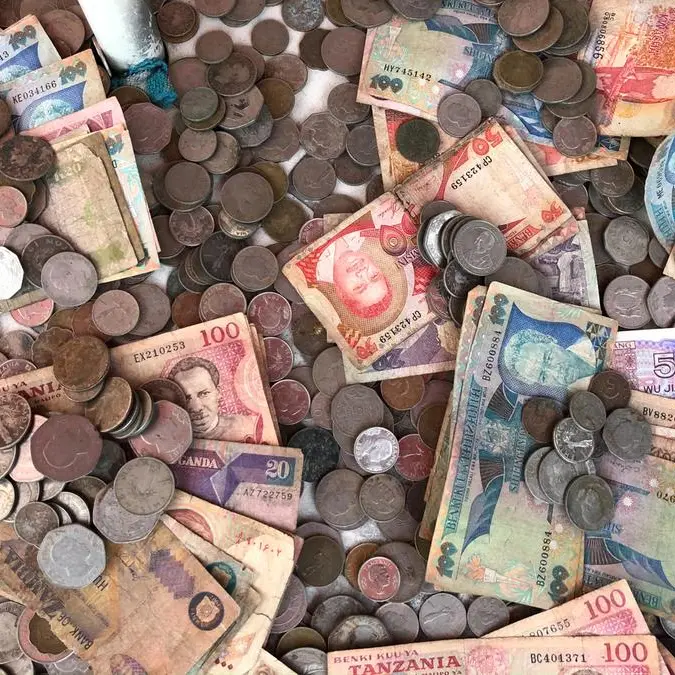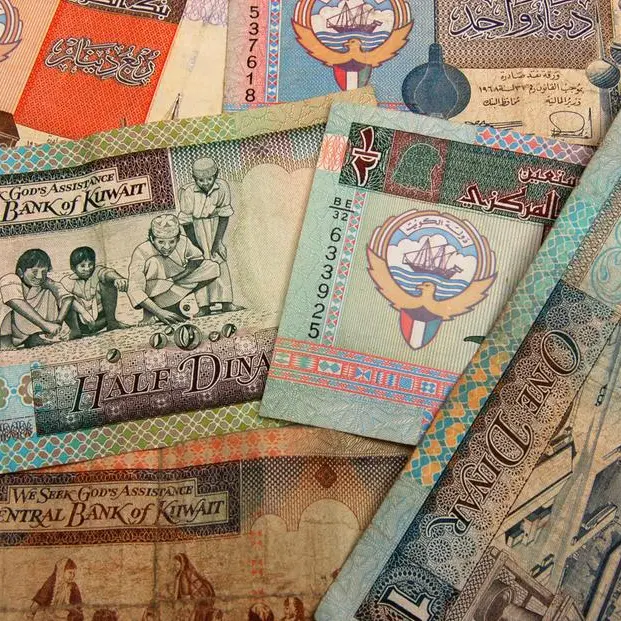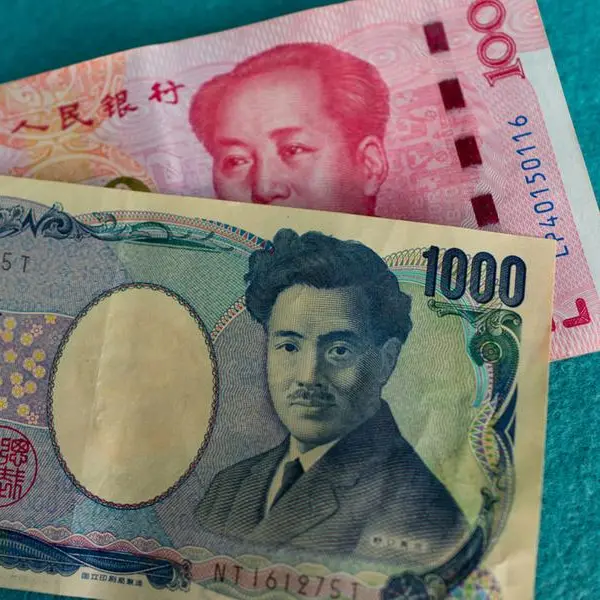PHOTO
Three Dubai-listed entities have announced plans to issue mandatory convertible bonds (MCBs) in recent months as the companies look for a fast way to raise debt in a high-interest-rate environment.
Drake & Scull International (DSI) announced mandatory convertible sukuks in April followed by SHUAA Capital PSC’s planned MCBs in May.
Last week, Gulf Navigation (GULF NAV) confirmed that it will issue MCBs to complete its Brooge acquisition within six to eight weeks.
The bonds differ from classic bonds in that investors receive equity at maturity rather than cash.
One fund manager told Zawya that its investors believe in the long-term story of the companies but do not want the short-term risk, and that it’s possible more entities will follow suit if interest rates stay high.
This is an ever-stronger likelihood after the US Federal Reserve, which GCC central banks follow, announced last month it will hold rates, with the number of expected cuts this year falling from three to one.
From the company’s point of view, issuing MCBs is cheaper than other forms of borrowing, but it can also impact share price.
SHUAA is currently undergoing restructuring attempts after defaulting on a $150 million bond last year, while DSI recently wrote off AED 4.2 billion ($1.14 billion) in debt.
GULF NAV has already raised $220 million in an MCB last year, having written off losses which threatened the company in 2020 and 2021.
After DSI’s highly-publicised court restructuring, investors are waiting to see if the contractor makes good on promises to rebuild after a stock market suspension lasting nearly six years.
Banks will not provide capital to such companies, the fund manager said, as they don’t have sufficient cash flow. However, individual investors who entertain one-to-one discussions, in addition to sovereigns or other entities who have an interest in seeing the company continue, may come on board if they support the turnaround strategy.
For the entities, tapping MCBs instead of banks means they are not subject to high interest rates, but investors will expect a higher coupon payment or dividend yield to compensate when the risk of default is high. However, they would benefit from more upside after the turnaround than those who come later.
The rise of MCBs may also be partly brought about by the introduction of more regulations around fund management, in terms of stock markets, private bonds and other matters, by the Securities & Commodities Authority (SCA), the national regulator, as a drive to protect local investors and provide comfort to international investors, the fund manager said.
ADX MCBs
LSEG data shows that in February, the board of Q Holding, listed on the Abu Dhabi Securities Exchange (ADX), resolved to issue AED 25.6 billion in MCBs to fellow listed entity IHC as well as sovereign ADQ. Q Holding announced a profit of AED 574 million ($156 million) in 2023, down from AED 823 million in 2022.
In November, another ADX-listed entity, E7, formerly known as United Printing, announced MCBs of AED 25 million for a capital increase.
Abu Dhabi Aviation also issued MCBs of AED 4 billion to ADQ Aviation in May 2023.
(Reporting by Imogen Lillywhite; editing by Seban Scaria)


